The discussion about Quinton de Kock’s legacy in South African One-Day International (ODI) cricket is timely, now that he has, for the moment, stepped back from this format. It’s a common adage to wait until a player is retired before fully appraising their career, and in de Kock’s case, this holds especially true.
Firstly, we must consider de Kock’s standing among the wicket-keeping greats of South African cricket. The nation’s ODI history has been graced by three distinguished wicket-keepers: Mark Boucher, AB de Villiers, and Quinton de Kock. Collectively, these stalwarts have kept wicket in 502 of South Africa’s 669 ODIs. Notably, they have scored all 32 centuries made by South African wicketkeepers, accounting for 90% of the runs scored by players in this role. Boucher, in his 294 matches, scored 4680 runs at an average of 28.7, also taking 403 catches and effecting 22 stumpings. His reputation as a resilient batsman and perhaps the finest wicket-keeper among the trio is well-earned. However, the batting capabilities of de Kock and de Villiers far exceed Boucher’s, with their prowess with the bat being almost ‘galaxial’ in comparison.
The juxtaposition of de Kock and de Villiers is particularly fascinating. De Kock, with his 6767 runs at an impressive average of 46.03, ranks fourth among the top 30 run-scoring wicketkeepers, an achievement made all the more remarkable considering his role as an opener. In contrast, de Villiers, in the 59 matches where he took on wicket-keeping duties, amassed 2963 runs at an almost mythical average of 70.55. Although de Villiers has a marginally better rate of dismissals per game, de Kock’s record for the most dismissals in an ODI World Cup somewhat levels the playing field.
Assessing de Kock’s overall impact on the South African team is a complex task, given the team’s illustrious history in ODIs. The team, though lacking World Cup titles, holds the record for the highest all-time win percentage. This history is studded with greats such as Graeme Smith, with the seventh-best win percentage of all time, and Shaun Pollock, who was among the top three bowlers in the format for nearly a decade. Jacques Kallis stands as a prolific all-rounder, and AB de Villiers is often hailed as one of the greatest ODI batsmen ever, though Virat Kohli’s achievements pose a strong challenge.
In this context, comparing individual honors becomes relevant. AB de Villiers has been named ODI Cricketer of the Year three times and has made seven appearances in the ODI Team of the Year, compared to de Kock’s one and three, respectively. Although de Kock’s World Cup record was once a point of contention, his outstanding performance in a recent World Cup, scoring four centuries and over 500 runs — a first for a South African — effectively silenced any doubts about his prowess in critical matches.
Ultimately, while Quinton de Kock may not eclipse AB de Villiers as the undisputed GOAT of South Africa’s ODI cricket, his place among the elite, alongside luminaries like Kallis and Pollock, is unassailable. His World Cup heroics, combined with his significant contributions both as a batsman and a wicketkeeper, firmly establish him as a central figure in South African cricket history. His career, rich with achievements and marked by consistent excellence, deserves high praise and recognition.

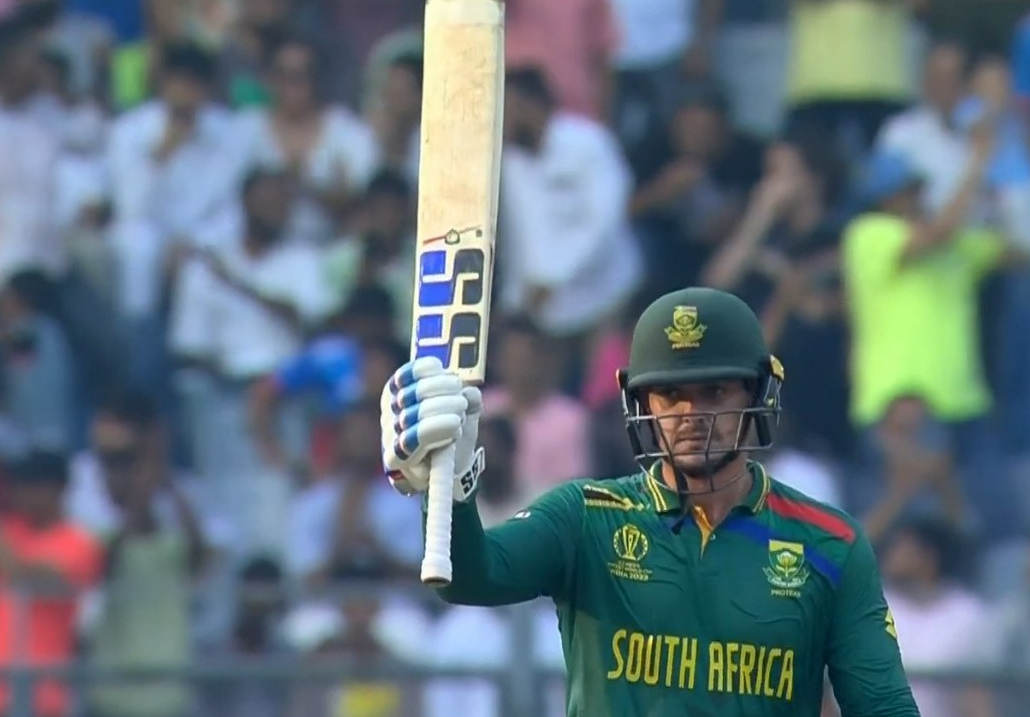
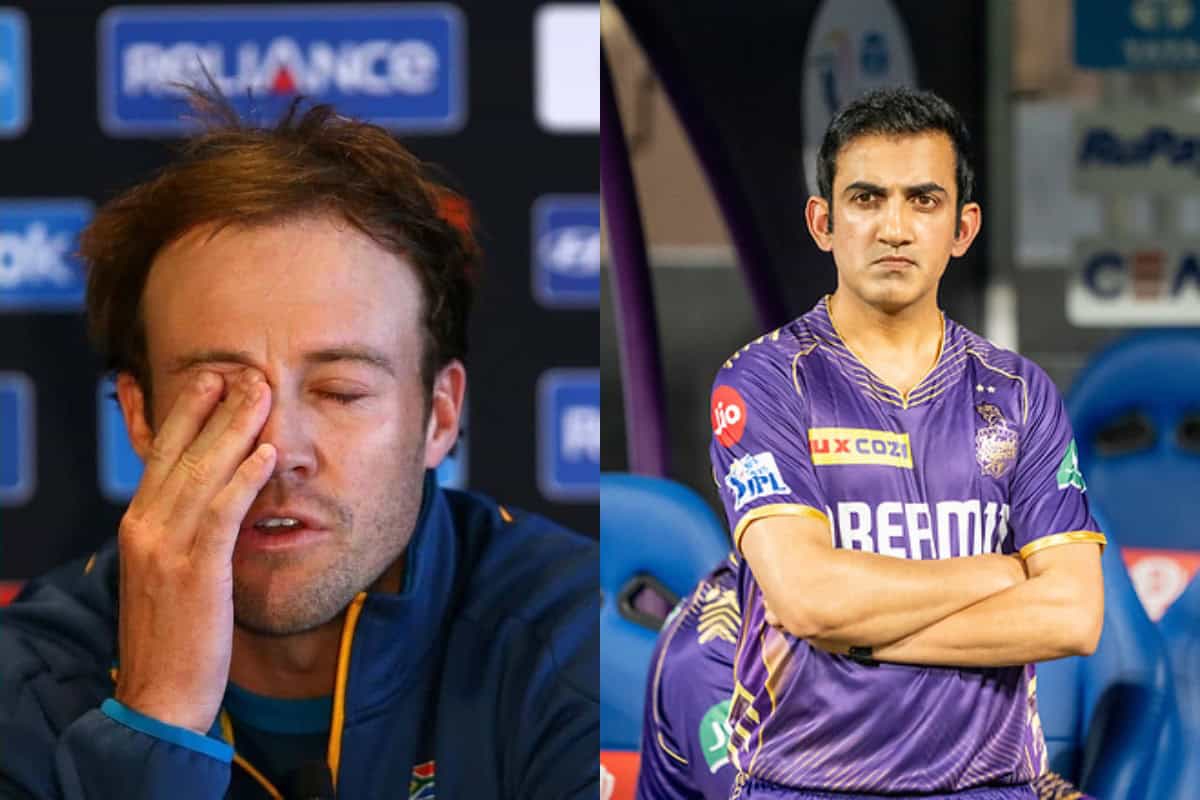
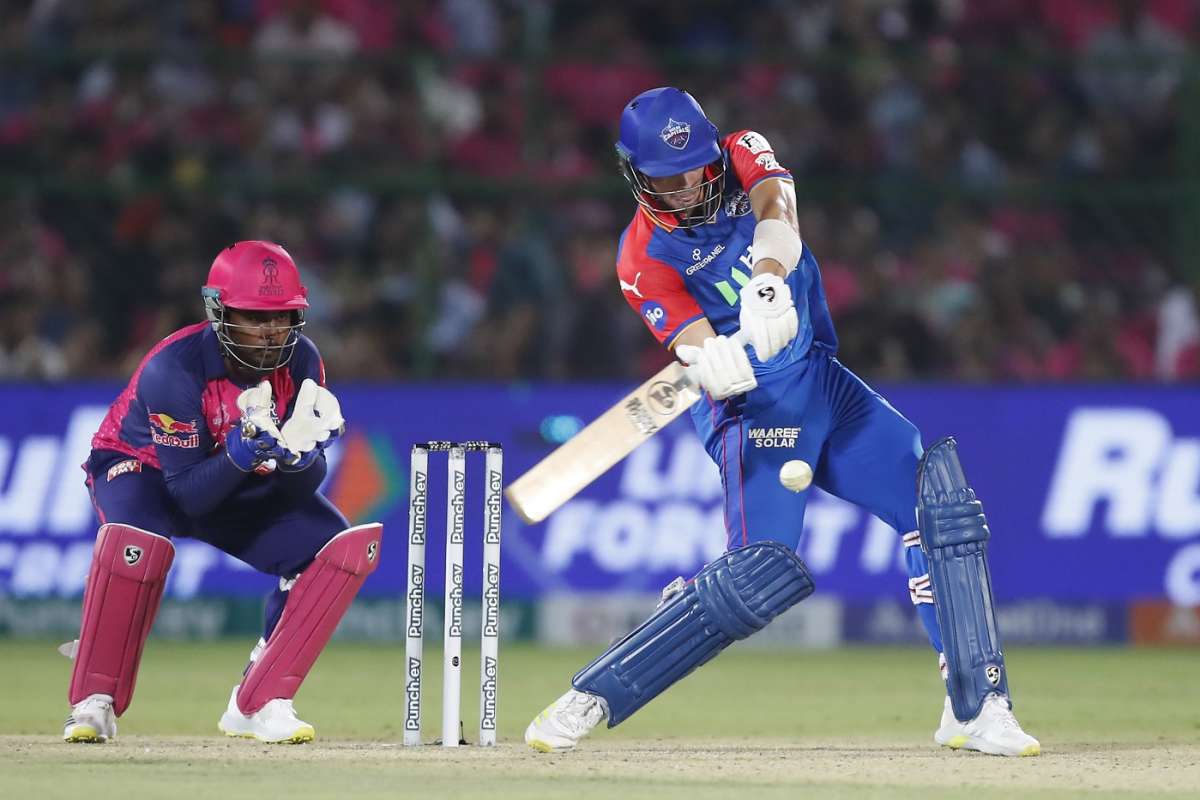
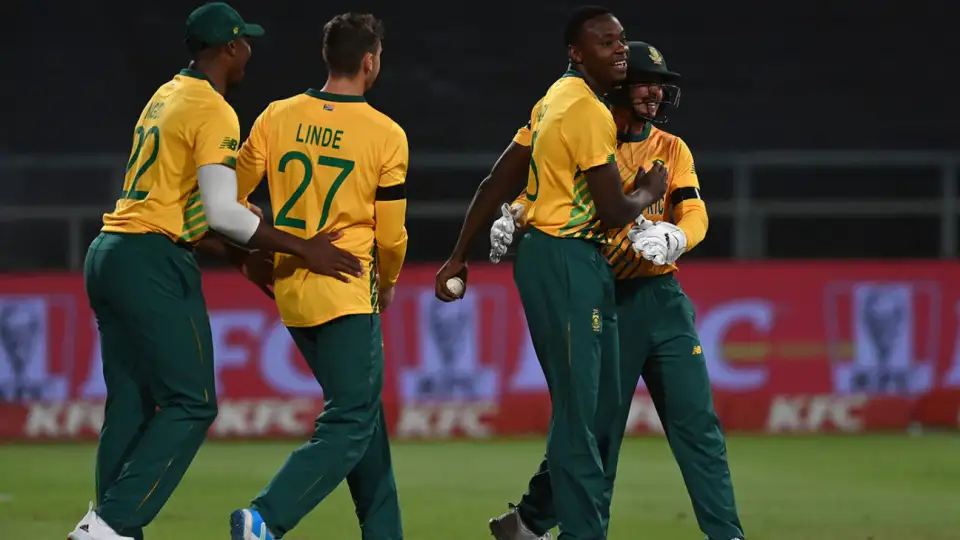
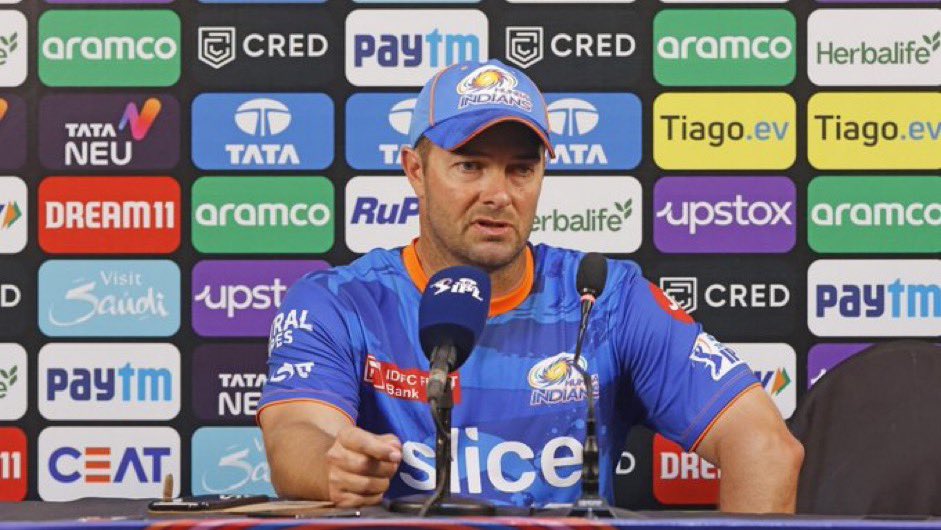
Leave a Reply